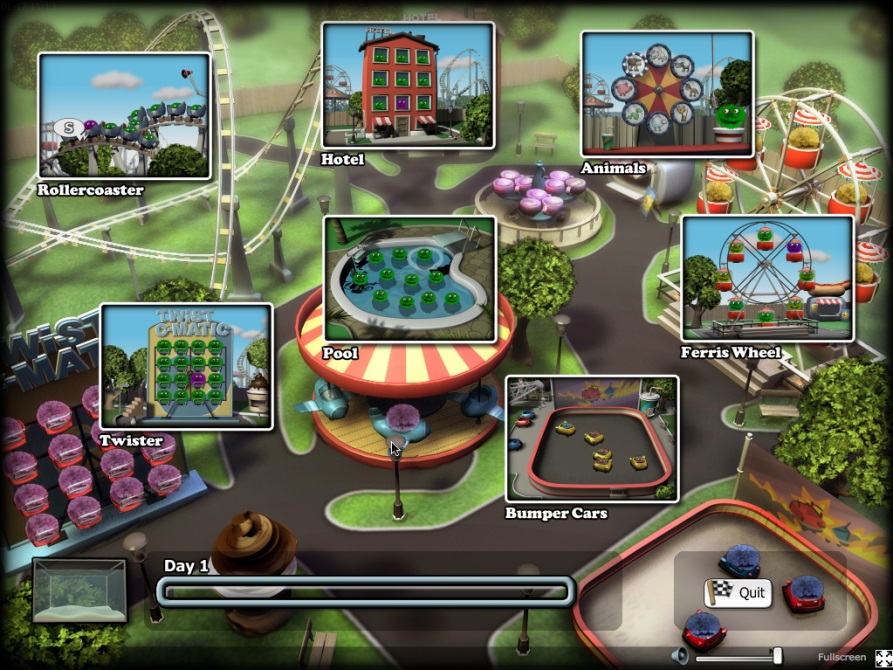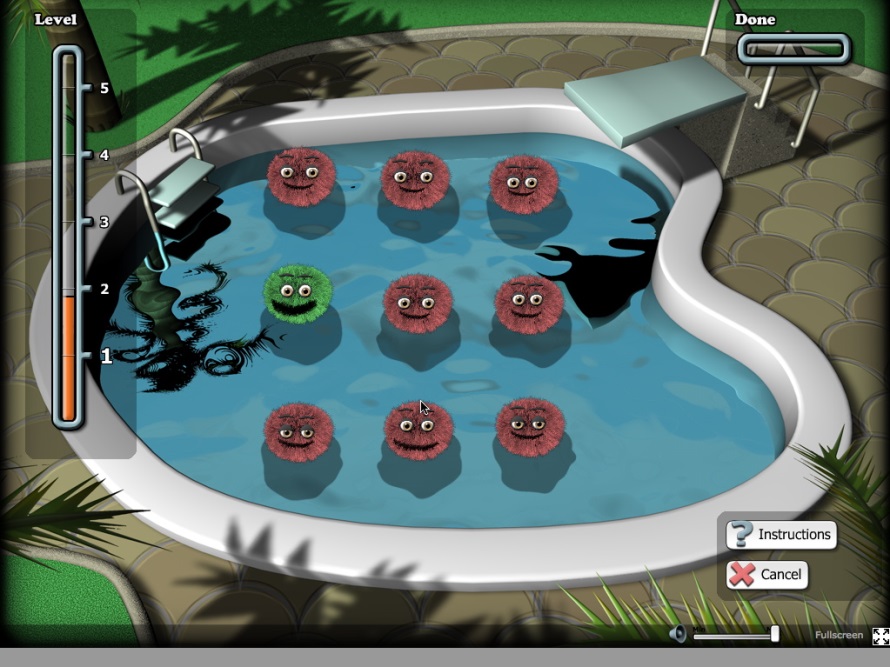Blogger: Kristine Hermansen Grunewaldt
Preterm children often have a reduced working memory capacity, which makes it more difficult to learn new things and overcome everyday challenges. But what if playin gcomputer games could improve their working memory?
Our research group at NTNU and St. Olavs Hospital decided to explore whether a computer-based training programme could help a group of severely premature nursery school children with a birth weight of below 1500 grams with their memory and even other cognitive skills.
After 5 weeks of training, the children achieved better results on tests focusing on their working memory. They also got better scores for other cognitive skills that are essential for their ability to learn, memorise and pay attention at school.
After 5 weeks of training, the children achieved better results on tests focusing on their working memory.
Premature children are more likely to develop neurological disorders than children born at term. Moreover, they often have reduced concentration skills and working memory capacity compared to children born on or after their due date.
These are all skills we need to be able to learn, plan and solve problems in everyday life. Problems with these skills can therefore have serious consequences fo the child, both socially and in terms of learning disorders and accomplishments at school, which in turn can have negative consequences that last well into adulthood.
Recent studies show that our working memory can be improved through training, and a computer-based training programme developed at Karolinska Institutet in Stockholm has previously shown promising results on children with ADHD and teenagers who were prematurely born with a very low birth weight.
Recent studies show that our working memory can be improved through training.
Our study included 20 preschool children aged 5 to 6 years with a birth weight of below 1500 grams (3.3 pounds). The children used the programme to train at home for 10 to 15 minutes per day, 5 days a week for a total of 5 weeks.
The programme is set up like a computer game where the children visit an amusement park with 7 different rotating exercises (Image 1). The child sees an image on the computer screen showing a few dots of wool with friendly faces appearing in a specific order (Image 2). Afterwards, the child has to remember the sequences and click on the same dots of wool in the correct order.
The programme is designed to increase the difficulty as the child gets better and is able to correctly remember several sequences in a row.
All the children took a series of neuropsychological tests before and after their training. Parents also responded to questions about their children’s adaptive function, anxiety and symptoms of attention disorders, both before and after the training.
After the training, the premature preschool children showed an improvement in results on both prepared and non-prepared working memory tests. They also displayed a clear, positive effect in terms of auditory/phonological attention – which is important for language skills that, in turn, are important in learning and developing reading and maths skills – as well as in visual and verbal memory.
This appears to show that training the working memory can have an effect on other cognitive functions as well..
Our study was performed on a relatively small number of children, which means that larger studies must be performed before we can give specific recommendations for working memory training in preschool for severely premature children.
Nevertheless, our results are a good indicator that introducing a computer-based working memory programme at preschool age may help preterm children with a birth weight of below 1500 grams. This training can possibly reduce cognitive problems, which could affect future education and working life.


